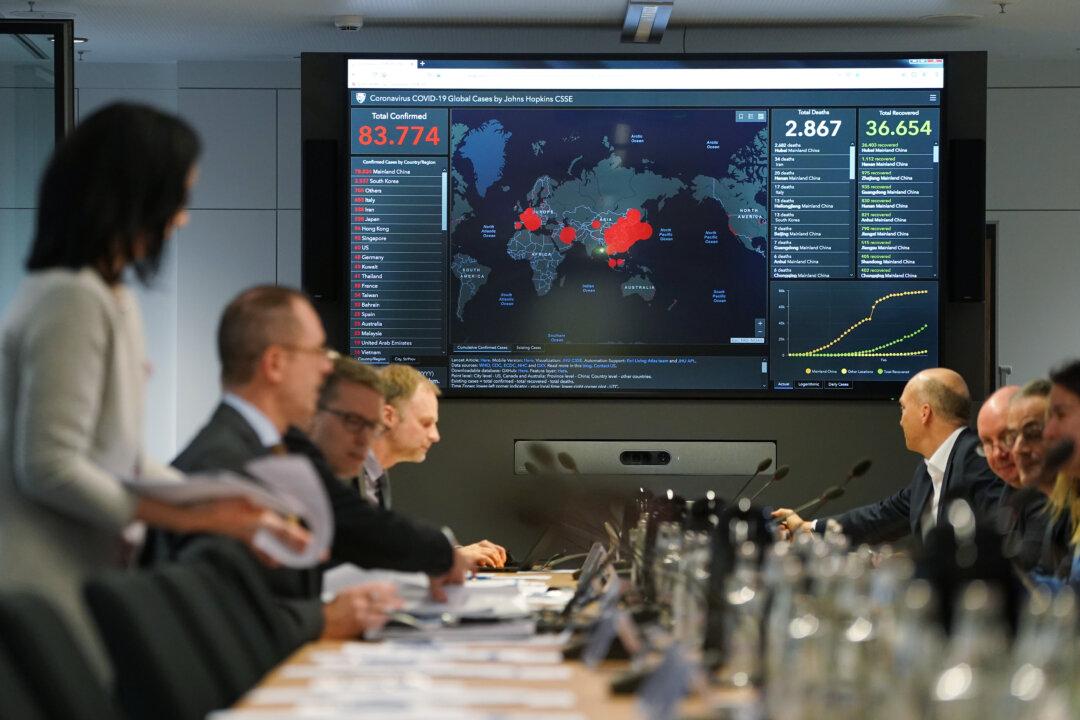The global pandemic that has resulted from the Chinese Communist Party’s (CCP) initial coverup of the COVID-19 outbreak should serve as a “wake-up call” for Western governments dealing with the regime, a China expert and rights activist said.
Benedict Rogers, a UK human rights activist and founder of nonprofit Hong Kong Watch, told The Epoch Times that the crisis should prompt countries to review their relations with the Chinese regime, “because we would not have a global pandemic if the Chinese authorities had listened to doctors in Wuhan instead of silencing, repressing, and punishing them.”





